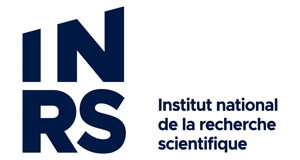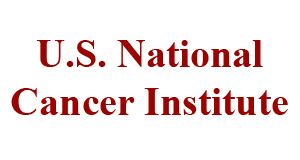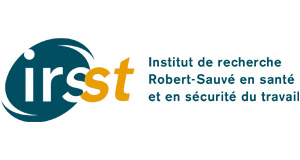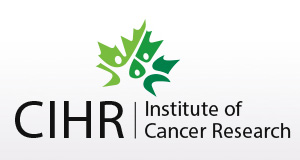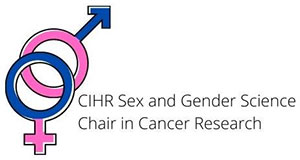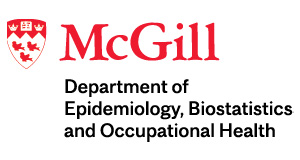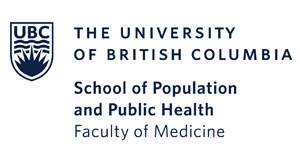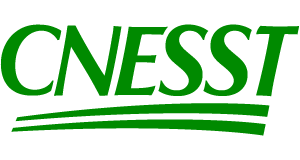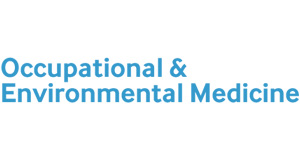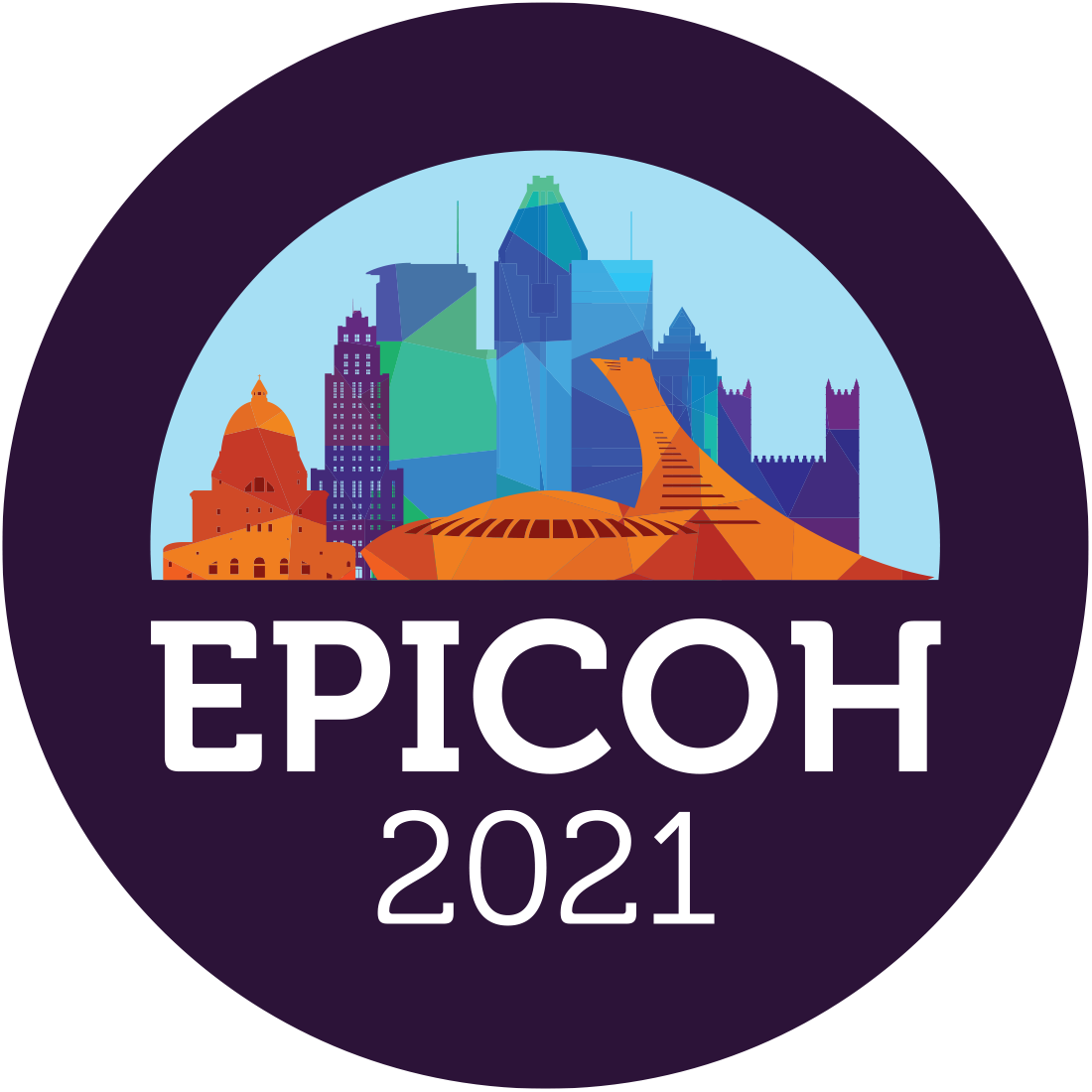
ALL RECORDINGS NOW AVAILABLE!
All registrants of EPICOH 2021 are invited to visit the virtual platform
where recorded content from the conference will be available until
January 28, 2022.
REGISTRATION IS OPEN!
STUDENT/CAREER OPPORTUNITIES FAIR
You are invited to connect with the EPICOH community and post ads about training and employment opportunities. Click the button to email your submission for the Student/Career Opportunities Fair to vicki@f2fe.com. Please be sure to include:
- The category of submission: Employment Opportunities, Training Opportunities, or Trainees Seeking Opportunities
- A one-page PDF of the job posting which includes: Job Title, Job Description, and Submission Contact Information
SPEAKERS


Dr. Li is a well-recognized occupational epidemiologist in the field of “Work, Stress, and Health” worldwide. His research focuses on work stress questionnaire development and validation; the effects of adverse working conditions on health, well-being, and productivity; health promotion and intervention in the workplaces as well. Dr. Li has published more than 170 scientific papers in peer-reviewed academic journals, and been invited to present his research work at international conferences.
Since 2006, Dr. Li has received three Early Career Awards from the International Society of Behavioral Medicine (ISBM), the American Psychological Association (APA)/National Institute for Occupational Safety and Health (NIOSH)/Society for Occupational Health Psychology (SOHP), and the Stress and Anxiety Research Society (STAR), respectively. Currently, he serves on several national and international organizations, such as the U.S. Cancer, Reproductive, Cardiovascular and Other Chronic Disease Prevention (CRC) Cross-Sector Council member, National Occupational Research Agenda (NORA); member of Scientific Committees on Work Organisation and Psychosocial Factors, and on Cardiology in Occupational Health, International Commission on Occupational Health (ICOH). For 20 years, Dr. Li has been actively collaborating with an extensive international network across Asia, Europe, and North America.

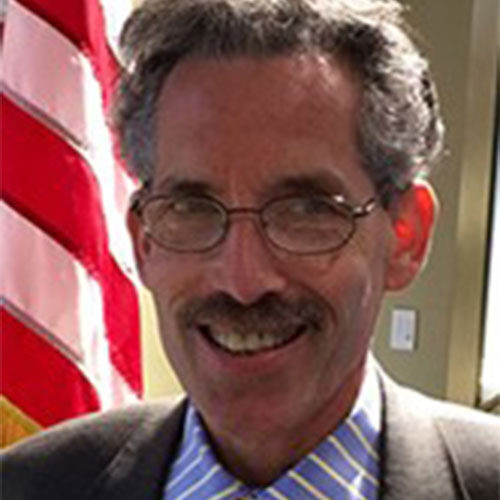
Dr. Prezant responded on 9/11/01 to the World Trade Center and was present during the collapse and its aftermath. Since that day, he and Dr. Kelly (FDNY's Chief Medical Officer at the Bureau of Health Services) have initiated a multi-million-dollar medical monitoring and treatment program for FDNY firefighters funded by FDNY, the Centers for Disease Control and Prevention (CDC) and the National Institute for Occupational Safety and Health (NIOSH). Dr. Prezant is the Principal Investigator for the FDNY Data Coordinating Center for the World Trade Center (WTC) Medical Monitoring Program and is on the Steering Committee for the WTC Medical Monitoring Program. He served as a member of the EPA WTC Technical Advisory Committee, the NYC Dept of Health WTC Registry Scientific Advisory Board, the NYS Governor's WTC panel and the NYC Mayor's medical advisory board.
Dr. Prezant has written extensively on pulmonary physiology, firefighter health and safety and since 9/11 on the health impact of World Trade Center Collapse on NYC Firefighters and EMS rescue workers. His group was the first to describe WTC Cough Syndrome (New England Journal of Medicine 2002) and has published extensively on this subject in the CDC MMWR, American Journal of Respiratory and Critical Care Medicine, Chest and Environmental Health Perspectives. His major research interest is in determining the mechanisms responsible for accelerated decline in longitudinal pulmonary function and/or airway hyperreactivity in firefighters after WTC exposure. Other interests are in determining the mechanisms responsible for the increased incidence of sarcoidosis in firefighters after WTC exposure.


AWARDS
Congratulations to all award winners!
ORGANIZING COMMITTEE
View the 2021 Organizing Committee.
SCIENTIFIC COMMITTEE
View the 2021 Scientific Committee.
STUDENT/CAREER OPPORTUNITIES
Employment Opportunities
- Postdoctoral fellow position on lung cancer etiology studies at the U.S. National Cancer Institute
- Postdoctoral fellow positions at the National Cancer Institute in Occupational, Environmental, and Molecular Epidemiology Studies of Lymphoma, Leukemia, and Lung Cancer
- Tenure-track faculty position in epidemiology at Institut national de la recherche scientifique (INRS), Montreal, Canada
- Postdoctoral researcher: Epidemiology of occupational health at Utrecht University, the Netherlands
Training Opportunities
- Training Course On Occupational Epidemiology: Modern Methods And Harmonised Approaches
- Pilot Project for training in health and safety at work in Spanish 2021
- Proyecto piloto de entrenamiento en salud y seguridad en el trabajo en idioma español. 2021
Trainees Seeking Opportunities
CALL FOR ABSTRACTS
Deadline May 24, 2021
The Call for Abstracts is now closed
CALL FOR SYMPOSIA
Deadline April 15, 2021
The Call for Symposia is now closed
CALL FOR WORKSHOPS & COURSES
Deadline June 15, 2021
The Call for Workshops & Courses is now closed
SPONSORS
Gold Sponsors
Silver Sponsors
Special Thanks
To discuss sponsorship opportunities for the conference, please contact Sally Clelford.
ABOUT EPICOH
EPICOH’s Mission
The Scientific Committee on Epidemiology in Occupational Health (EPICOH) of the ICOH has as its main function, promotion of communication among epidemiologists, industrial hygienists, and other occupational health scientists worldwide. EPICOH provides a forum for the discussion of problems unique to the study of health and work. With membership open to occupational epidemiologists and other scientists worldwide, EPICOH provides a variety of forums for discussions, critical reviews, collaborations and education on issues of occupational exposures and their human health effects.
EPICOH’s Philosophy
To foster the study of health and work, EPICOH encourages and supports the following:
- Epidemiological studies on the health effects of occupational exposures
- Communication among epidemiologists, industrial hygienists, toxicologists, exposure analysts, and other occupational health scientists worldwide.
- Innovative approaches to substantive or methodological problems and applications of occupational epidemiology
- The use of occupational epidemiology to inform public policy
- Involvement of scientists from developing countries in EPICOH activities, reduced dues for members from developing countries and establishment of regional EPICOH chapters throughout the developing world.
- The acknowledgement and facilitation of the role of early career researchers.
General Information
Topics addressed by EPICOH members include occupational exposures (e.g. stress, metals, pesticides, radiation, non-industrial indoor environments), health effects (e.g. cancer, musculoskeletal diseases, respiratory diseases, injuries), methodology (e.g. biomarkers, experimental design, exposure-assessment, meta-analysis, risk assessment, statistics), environment-gene interactions, and ethics and law.
